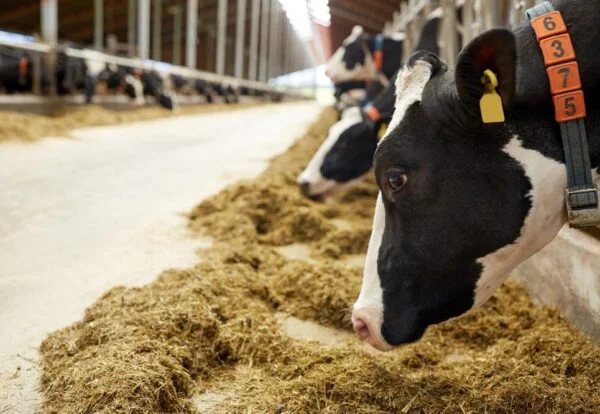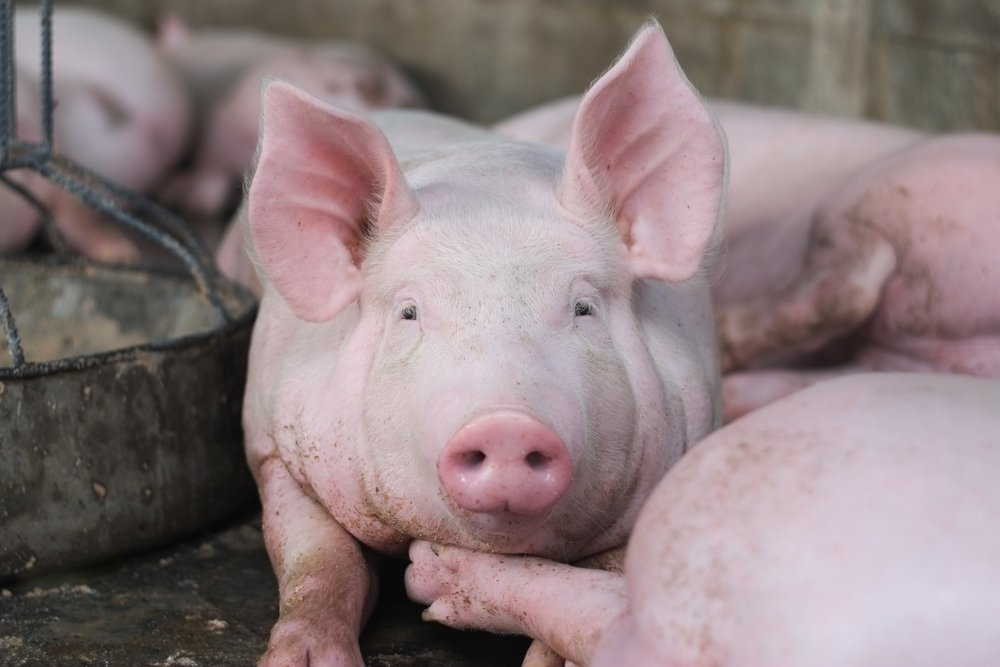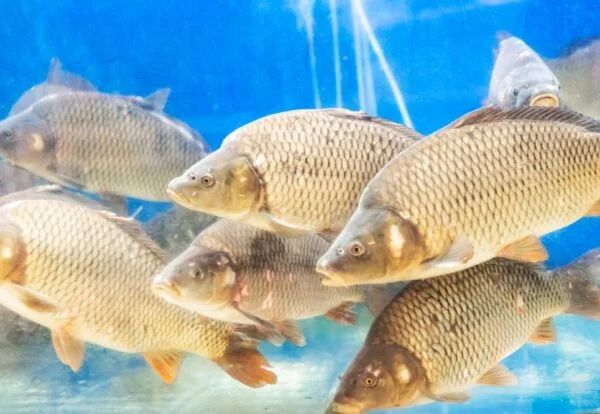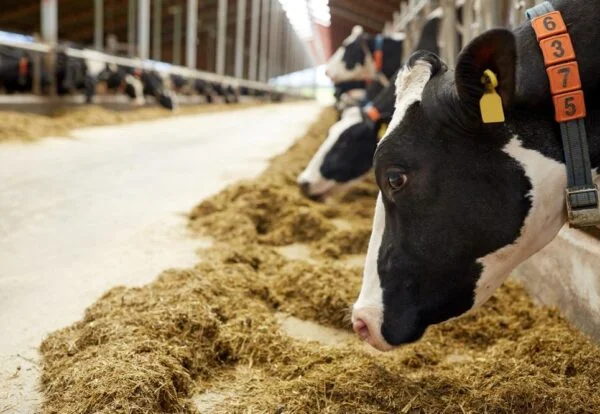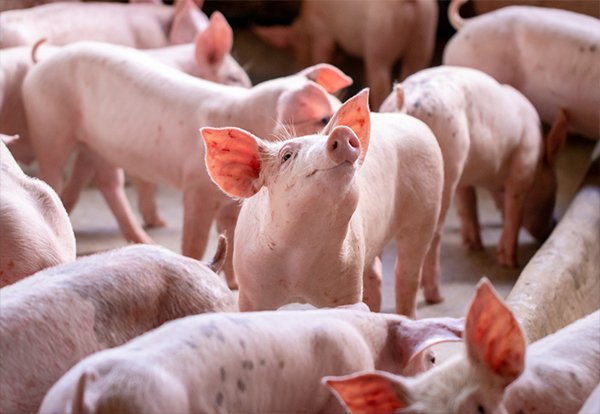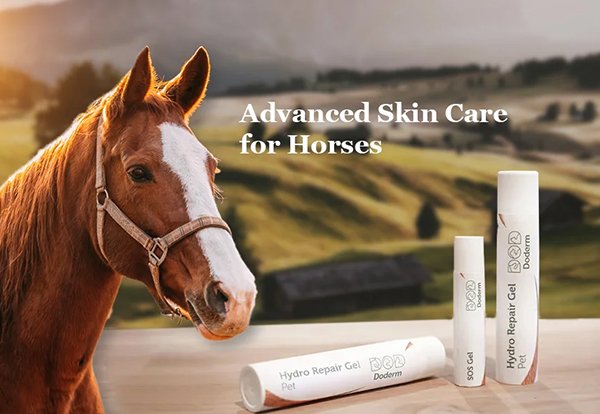Coccidiosis is one of the most significant parasitic diseases affecting poultry, caused by various species of the protozoan Eimeria. These parasites infect the intestinal tract, leading to severe damage in the gut lining of birds. If left untreated, coccidiosis can lead to reduced growth rates, significant losses in egg production, and, in severe cases, high mortality rates. The disease is highly contagious and can spread rapidly through a flock via contaminated feces, water, and feed, making it a significant concern for poultry farmers.
Causes and Spread of Coccidiosis: Coccidiosis is caused by protozoan parasites of the genus Eimeria, with Eimeria tenella, Eimeria acervulina, and Eimeria maxima being the most common species affecting poultry. These protozoa reproduce in the intestines of infected birds, leading to the formation of oocysts (eggs of the parasite), which are shed in the feces. Once excreted, these oocysts can survive for long periods in the environment, particularly in warm, moist conditions, making the disease easy to spread within a flock.
Birds contract coccidiosis when they ingest food, water, or litter contaminated with infective oocysts. The infection cycle continues as oocysts are passed from infected birds and picked up by healthy ones, creating a continuous loop of transmission. Poor hygiene, crowded conditions, and inadequate ventilation further accelerate the spread of the disease, making effective management essential.
Common Symptoms of Coccidiosis: The severity of coccidiosis symptoms can vary depending on the species of Eimeria involved, the age and immunity of the birds, and the level of infection. However, common signs to look out for in infected birds include:
- Diarrhea: One of the hallmark symptoms of coccidiosis is diarrhea, which can often contain blood or mucus in more advanced stages. This is due to the damage caused to the intestinal lining by the parasites.
- Loss of Appetite and Weight Loss: Infected birds frequently lose their appetite and may begin to lose weight rapidly due to reduced feed intake and poor nutrient absorption.
- Lethargy and Weakness: Birds with coccidiosis are typically lethargic, less active, and may isolate themselves from the flock.
- Ruffled Feathers: A common sign of illness in birds, ruffled feathers, often indicates discomfort and an attempt to conserve body heat.
- Decreased Egg Production: Layers may exhibit a significant drop in egg production during infection due to the stress caused by the disease.
- Dehydration: Diarrhea often leads to severe dehydration in birds, which can exacerbate the symptoms and complicate recovery.
Economic Impact of Coccidiosis: Coccidiosis presents a major financial burden to poultry farmers due to decreased productivity and increased mortality. Some of the major economic impacts include:
- Reduced Feed Efficiency: Birds with coccidiosis have a decreased ability to convert feed into body mass or eggs, leading to lower feed efficiency and higher feed costs.
- Increased Mortality: Severe outbreaks can result in high mortality rates, particularly in young chicks or in birds with compromised immune systems.
- Reduced Egg Production: In laying hens, coccidiosis can cause a marked drop in egg production, with fewer eggs laid during the infection period.
- Veterinary Costs: Treating coccidiosis often requires the use of medications, which can be costly, particularly in large flocks. Additionally, repeated treatments may be necessary to control the disease.
- Growth Retardation: In broilers, coccidiosis can cause delayed growth, resulting in smaller birds and longer production cycles, which reduces the farm’s overall profitability.
Prevention and Control of Coccidiosis: Preventing coccidiosis in poultry involves a combination of good husbandry practices, sanitation, vaccination, and sometimes the use of anticoccidial medications. Here’s how to manage and control the spread of the disease:
- Maintaining Proper Hygiene:
- Regularly clean and disinfect the poultry house to reduce the accumulation of oocysts. Litter and bedding should be replaced frequently to minimize exposure to contaminated materials.
- Ensure that feeders and waterers are clean and free from contamination by feces. Properly designed waterers that prevent birds from standing or defecating in the water supply can be beneficial.
- Implement good biosecurity measures to prevent the introduction of coccidiosis from external sources, such as wild birds or contaminated equipment.
- Proper Ventilation and Temperature Control:
- A well-ventilated poultry house with controlled humidity and temperature reduces the environmental conditions favorable for the development and survival of coccidial oocysts. Dry litter and optimal airflow prevent moisture buildup, which is crucial for oocyst survival.
- Vaccination:
- In modern poultry production, vaccination is often used to protect birds against coccidiosis. Vaccines containing live Eimeria species help birds develop immunity without causing severe disease. Vaccination is particularly important for breeder and layer flocks, which are kept for extended periods and are more susceptible to recurring infections.
- Anticoccidial Medications:
- The use of anticoccidial drugs is a common strategy to prevent and control coccidiosis outbreaks. These medications, often added to the feed or water, can help reduce the multiplication of the Eimeria parasites in the gut. However, care must be taken to avoid drug resistance, which can occur if medications are overused or improperly managed.
- It’s essential to rotate between different types of anticoccidial drugs to minimize the risk of developing resistant strains of Eimeria.
- Use of Probiotics and Natural Remedies:
- Probiotics can help maintain a healthy gut flora, which can enhance the bird’s natural resistance to coccidial infection. Some natural remedies, such as herbal extracts (e.g., oregano oil), have shown promising results in reducing the severity of coccidiosis.
- These natural treatments can be integrated into a holistic approach to disease management, especially in organic or antibiotic-free poultry production systems.
- Regular Monitoring:
- Regular health monitoring of the flock is critical to identifying early signs of coccidiosis. Any unusual behavior, such as lethargy, weight loss, or changes in feces, should prompt immediate action. Lab testing of fecal samples can confirm the presence of Eimeria and allow for appropriate treatment.
Treatment of Coccidiosis: Once coccidiosis is diagnosed, prompt treatment is crucial to prevent severe losses. Treatment options include:
- Anticoccidial Drugs:
- These drugs are used to treat coccidiosis in infected flocks and may be administered through the feed or water. Common anticoccidial medications include sulfonamides and ionophores.
- Follow the veterinarian’s prescription carefully, as the overuse of these medications can lead to drug resistance.
- Electrolyte Solutions:
- Since dehydration is a significant risk in birds with diarrhea, providing electrolyte solutions can help maintain hydration and restore the balance of salts and fluids in the birds’ bodies.
- These solutions are often given via water to ensure that the birds receive adequate hydration and support during treatment.
- Supportive Care:
- In addition to medication, supportive care is essential for the recovery of infected birds. Ensure they have access to clean water and high-quality feed to help them regain strength and recover from the infection.
Innovation and Future Trends: As the poultry industry advances, new innovations are being developed to control coccidiosis more effectively. Some of these include:
- Genetic Selection: Breeding poultry that are more resistant to Eimeria infections is an area of active research. Genetic selection for disease-resistant birds can reduce the incidence of coccidiosis in commercial flocks.
- Enhanced Vaccines: Continued improvements in vaccines, including the development of recombinant vaccines, may provide better protection against multiple Eimeria species with longer-lasting immunity.
- Phytogenic Additives: Plant-based additives, such as essential oils and herbal extracts, are gaining popularity as natural alternatives to synthetic anticoccidials. These additives can boost the immune system and help control parasites without the risk of drug resistance.
Conclusion: Coccidiosis is a significant threat to poultry health and farm profitability, but with effective management, it can be controlled. By implementing good hygiene practices, using preventive measures like vaccines, and administering treatments when necessary, poultry farmers can reduce the impact of coccidiosis on their flocks. At Centurion, we believe in a holistic approach to poultry health, combining advanced treatment options with sustainable farming practices to ensure the best outcomes for your birds and your business.



